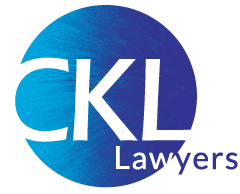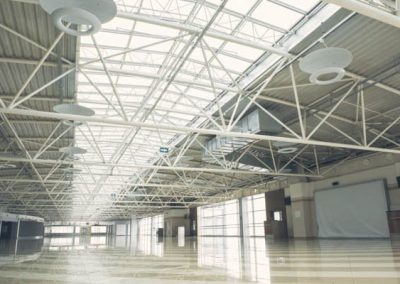Prospective Tenants should ensure that the Landlord has made full disclosure of details such as:
the condition of buildings
plant and equipment
that all outgoings are listed in the Disclosure Statement
the Landlord’s title to the property including any mortgages over the property (the Landlord must obtain the mortgagee’s consent to the lease)
the actual boundaries of the property
any restrictions on the use of the land
The Landlord’s failure to disclose these matters, coupled with the Tenant’s lack of awareness of this obligation, is a frequent yet preventable cause of disputes.
Before entering into a lease, tenants should consider some of these key questions:
Sub-lease – whether the Tenant is permitted to sublease part or all of the premises
Rent reviews – when, and in what circumstances, rent reviews should take place including if and how GST and CPI increases are to be incorporated
Rent-free Periods – are any rent-free periods to be included in the lease?
Assignment – Under what circumstances is the Landlord prepared to allow the Tenant to Assign the Lease?
Options or further terms – what if any options or further terms is the Landlord prepared to grant the Tenant
Trading hours permitted by the Landlord
Security Deposit – what Bond or Bank Guarantee will be required?
Car spaces provided and required in accordance with the Council Planning Permit
Floor plan and tenancy mix – especially in shopping centres
First Right of Refusal – if the Landlord is prepared to give the first right of refusal to the Tenant to purchase the property if the Landlord decides to sell the building
Planning – Does the planning authority allow the Tenant’s proposed use for the premises under planning law?
Security – Is the security of your occupancy affected by: – mortgages, charges or encumbrances granted by the Landlord? – rights and obligations under a head lease?
Regulations – Does the premises comply with building and safety regulations? – Is the premises affected by outstanding notices by any authority?
Trading Disturbances – Could your trading be affected by disturbances or changes to the building/centre?
Refurbishments – Does the Landlord require you to refurbish the premises regularly or at the end of the lease?
Early end to lease – Can the Landlord end the lease early even if you comply with the lease, using such means as a demolition clause in the lease?
Fixtures in working order – Are all the existing structures, fixtures and plant and equipment in good working order?
Reinstatement – Are you required to make good the premises at the end of the lease?
Shopping centre Tenancy Mix – Is the tenancy mix of the shopping centre (if applicable) likely to change during the term of the lease?
At CKL Lawyers we check the Lease and Disclosure Statement thoroughly to determine whether it contains any additional clauses that may be of concern.
If you would like to speak to our Commercial Tenancy Law Specialist, Jack Cyngler, of CKL Lawyers, about your commercial tenant rights, please do not hesitate to ring directly on 9500 1722 or email [email protected]


